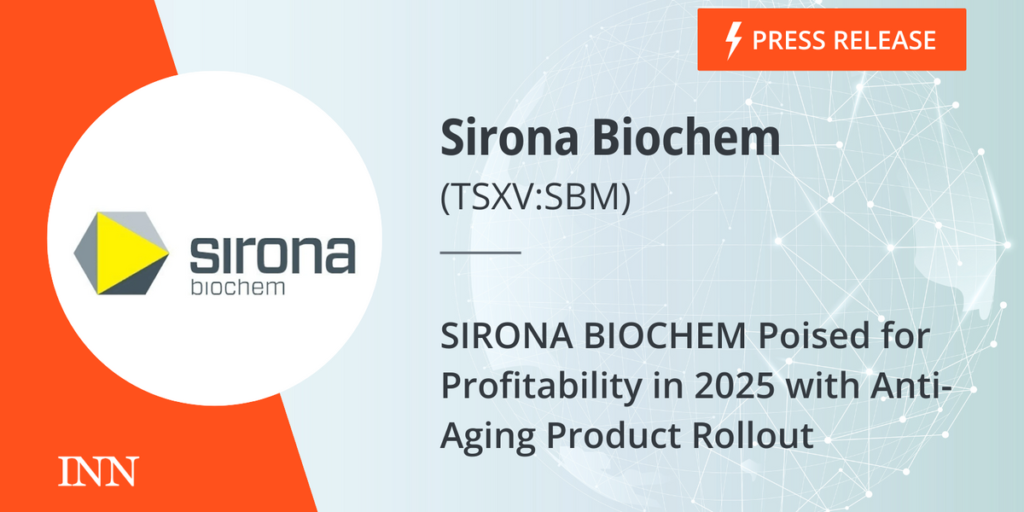Amgen, a leading biotechnology company (NASDAQ: AMGN), has announced the presentation of new data on IMDELLTRA TM, a first-in-class delta-like ligand 3 (DLL3)-targeting Bispecific T-cell Engager (BiTE®) molecule. The data was shared at the 2024 World Conference on Lung Cancer (WCLC) in San Diego.
IMDELLTRA was highlighted in two oral presentations during the “DLL3 Targeting BiTE Therapies in SCLC” session, which took place at 2:00 p.m. PDT. The presentations included new data from the global Phase 1b DeLLphi-303 study of IMDELLTRA combined with PD-L1 inhibitors in first-line maintenance extensive-stage small cell lung cancer (ES-SCLC) as a late-breaking abstract (#LBA OA10.04). Additionally, long-term results from the Phase 2 DeLLphi-301 study in previously treated ES-SCLC were presented as an oral presentation (#OA10.03).
Dr. Jay Bradner, the Executive Vice President of Research and Development, and Chief Scientific Officer at Amgen, expressed excitement about the results, highlighting the approval of IMDELLTRA by the FDA earlier in the year for patients with extensive-stage small cell lung cancer. He emphasized the long-term sustained benefits seen with IMDELLTRA in this setting and the initial evidence supporting a combination approach in front-line maintenance therapy.
The DeLLphi-303 Phase 1b Study data in first-line maintenance therapy showed a manageable safety profile with sustained disease control and positive survival outcomes. Key findings included the positive benefit-risk profile with no new or unexpected safety findings, disease control rates, and median duration of disease control.
Furthermore, the DeLLphi-301 Phase 2 study presented extended follow-up data demonstrating sustained anticancer activity and a manageable safety profile with IMDELLTRA in previously treated ES-SCLC patients.
IMDELLTRA received accelerated approval from the FDA on May 16, 2024, and is indicated for the treatment of adult patients with ES-SCLC with disease progression on or after platinum-based chemotherapy. The drug functions by targeting DLL3 on cancer cells and CD3 on T cells to create a cytolytic synapse between the two, leading to the lysis of DLL3-expressing SCLC cells.
Overall, Amgen’s IMDELLTRA development program includes various clinical trials aimed at investigating the efficacy and safety of tarlatamab in different cancer types, with a focus on enhancing patient experience and therapeutic potential through innovative technology. Amgen remains committed to advancing BiTE technology across a broad range of hematologic and solid tumor malignancies.


